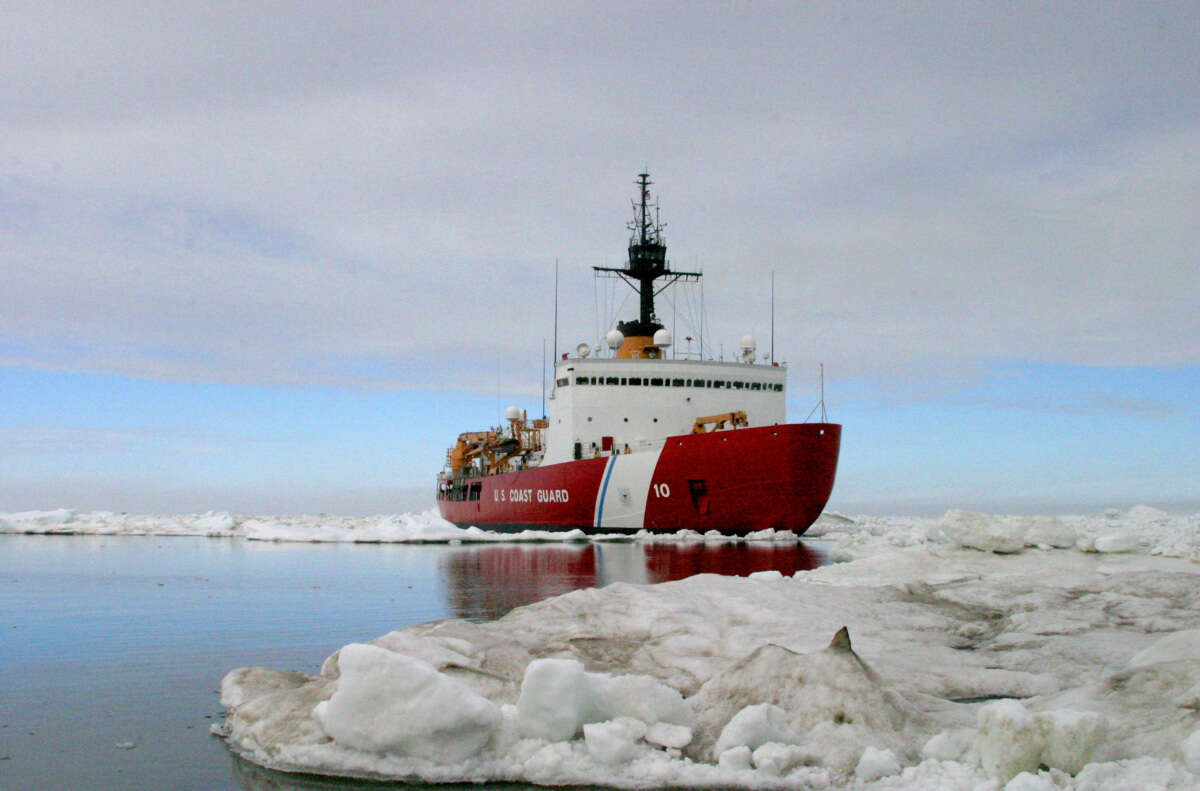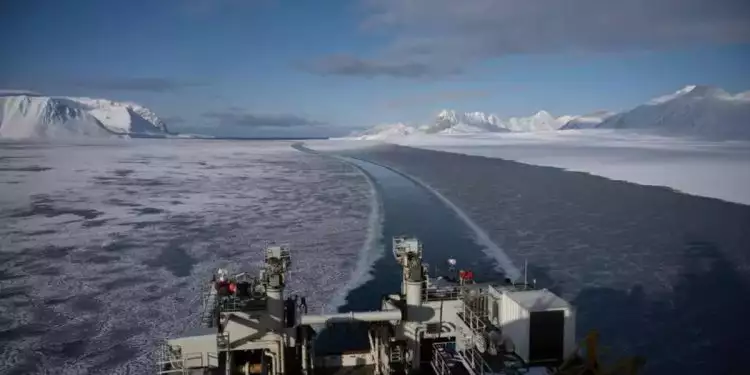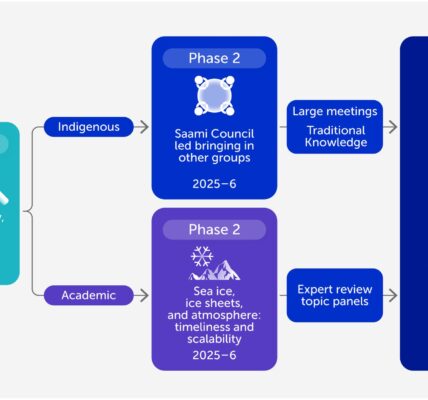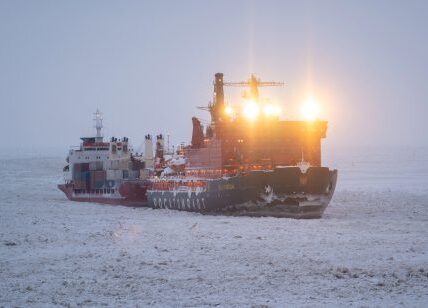As military tensions rise in the Arctic, climate change is altering global trade routes and alliances, with far-reaching effects from the Arctic to the Red Sea.
The Arctic, once a region of peaceful cooperation, is now attracting significant attention from global powers. The USA, Russia, Finland, Sweden, Norway, Iceland, Greenland/Denmark, and Canada have all been involved. This shift is driven by global warming and renewed great power competition. China, once peripheral, has begun making significant inroads in the region. The impact of Arctic developments extends far beyond the polar circle, including to the Middle East. As tensions rise, many hope the Arctic remains peaceful due to its fragile environment.
The Arctic has long been a symbol of international cooperation. It was often described by the phrase “High North, Low Tensions.” For years, the Arctic Council facilitated dialogue among Arctic states. It excluded security issues from its mandate while focusing on science, governance, and development. However, avoiding security topics became unsustainable once global warming increased strategic interest in the region.
Climate change has greatly raised the Arctic’s geopolitical relevance. The region is believed to hold 30% of undiscovered natural gas and 13% of undiscovered oil. The Arctic was once too remote for economic extraction, but receding ice has made it feasible. At the same time, melting permafrost risks releasing ancient pathogens, potentially threatening human health.
The region is also undergoing rapid militarization. Russia has stationed its most powerful fleet in the Kola Peninsula as part of the Northern Fleet. Russian bomber bases in the Arctic support nuclear deterrence and have been used in strikes against Ukraine. The United States recognized the Arctic’s growing strategic value. In 2022, it reactivated the 11th Airborne Division in Alaska to boost Arctic readiness. Even President Donald Trump’s interest in buying Greenland stemmed from national security concerns in the Arctic.

China’s Expanding Arctic Engagement: Economic, Scientific, and Military Dimensions
China’s Arctic engagement, though newer, is expanding quickly. Chinese involvement falls into three main areas: economic, scientific, and military. Economically, China has invested in Russian Arctic infrastructure, especially in natural gas, generating revenues that indirectly support Russia’s war in Ukraine. Scientifically, Chinese research, conducted in research stations in Iceland and Norway – carried out in some cases by scientists linked to China’s military – conduct Arctic studies with potential military applications. Militarily, China has conducted joint exercises with Russia’s coast guard and air force in the Arctic and near-Arctic waters, downplaying their purpose but raising alarm in Western capitals.
The Arctic’s Rising Importance for Global Trade and Middle Eastern Interests
Why should the Middle East care about developments in the Arctic? The answer lies in the shifting dynamics of global trade and geopolitics. Due to melting ice, the Northern Sea Route (NSR), which is administered by Russia, is becoming navigable for longer periods each year and may be fully viable by the 2030s.This route significantly shortens shipping times between Asia and Europe, reducing reliance on the Suez Canal. Security concerns in the Red Sea, especially from Houthi attacks, make the NSR even more appealing. Even if these attacks cease, the NSR’s logistical and economic advantages could divert traffic from the Suez, threatening Egypt’s vital canal revenues.
Global Norms and Middle Eastern Geopolitics: The Arctic’s Ripple Effect
The Arctic may also impact global norms in ways that resonate in the Middle East. Trump’s Greenland ambitions, while unfulfilled, challenged core principles of the post–World War II order, namely, that allies do not annex territory from one another. If these norms are weakened, questions may arise about the reliability of U.S. defense commitments, including potential agreements with Saudi Arabia and Israel.
The Arctic: A Potential Flashpoint for Global Power Conflicts
The Arctic is unlikely to be the starting point for a great power conflict – but it is increasingly likely to be a theater into which such a conflict will spill over.. Any such confrontation in the Arctic risks catastrophic environmental damage, compounding the already dire effects of climate change. Worse still, if conflict escalates to nuclear exchange in the region, the consequences could be irreversible. The Arctic, once seen as a symbol of cooperation, may yet become a flashpoint in a dangerously warming world.
Paul Weisko is a Diane and Guilford Glazer Israel-China Policy Center Research Associate. His foci are China in the Arctic and China in the Pacific Islands.




